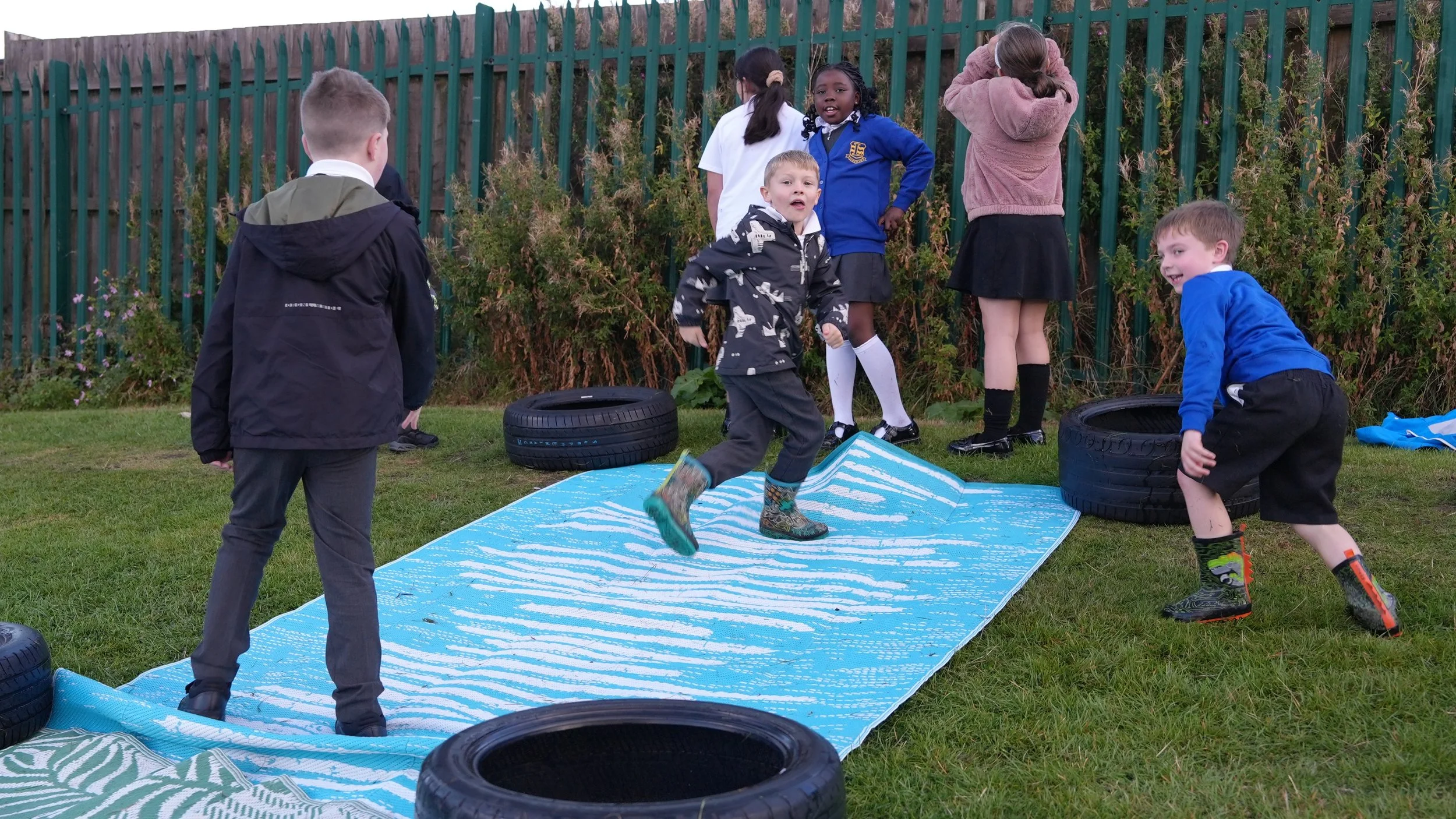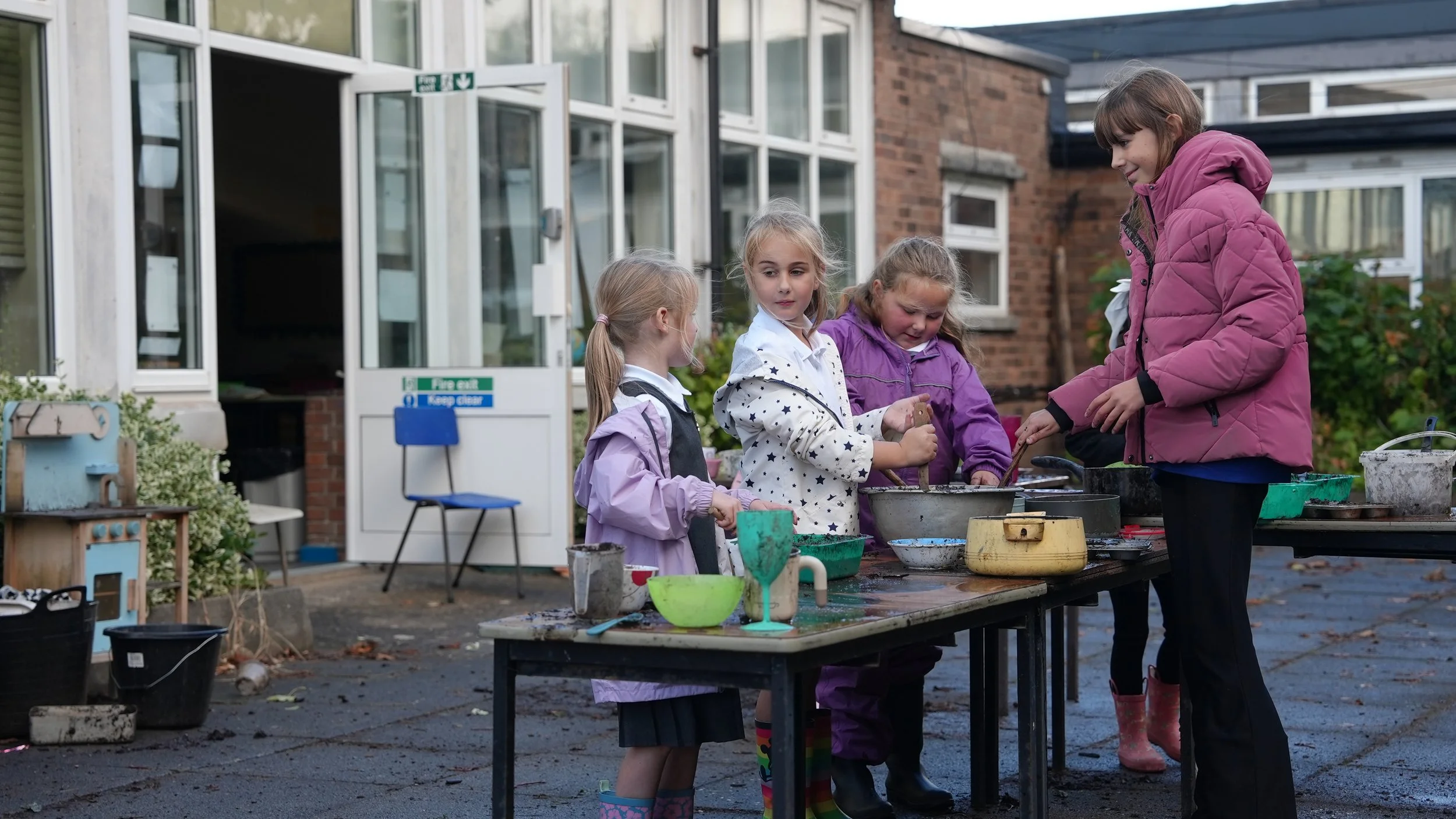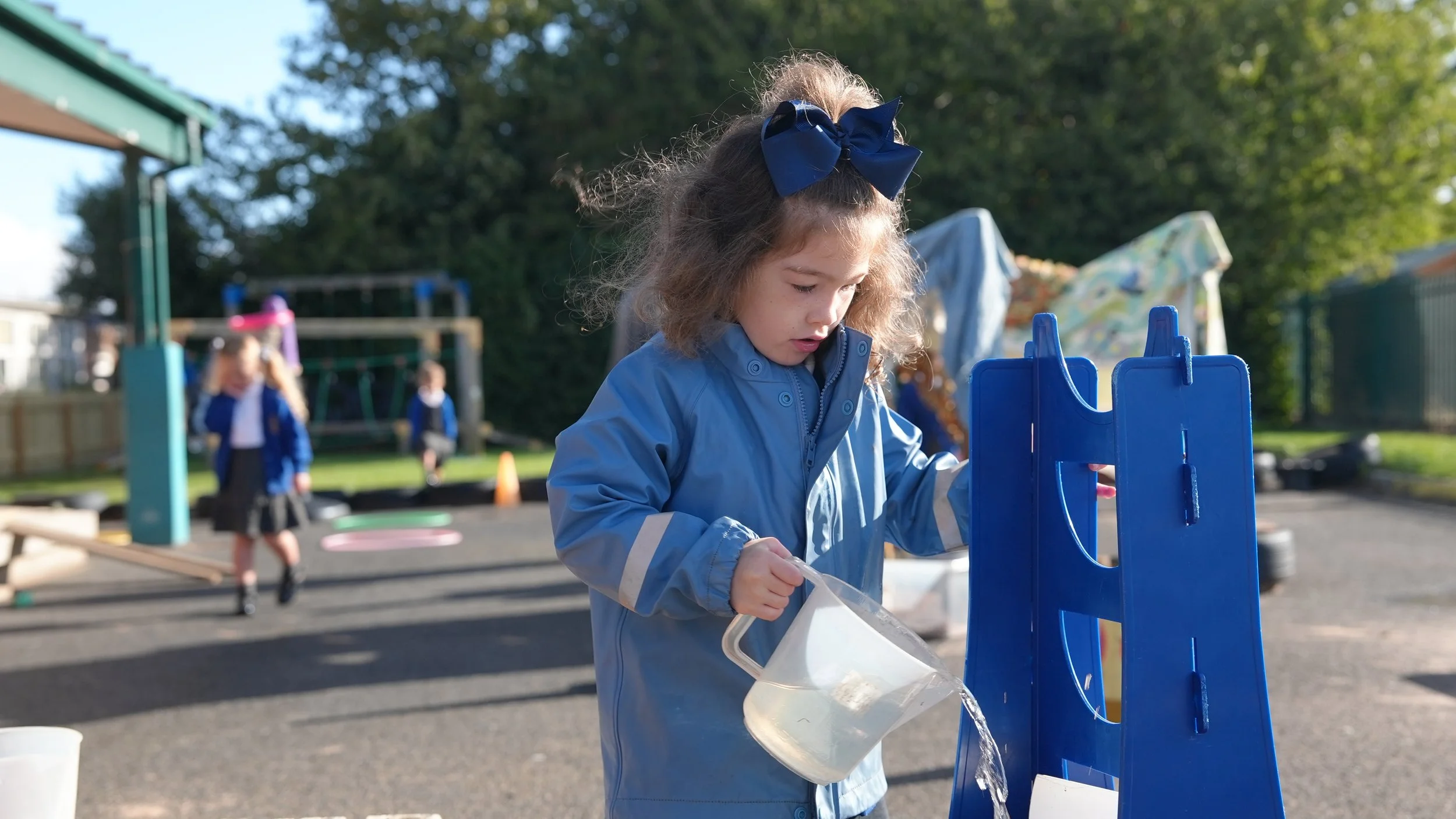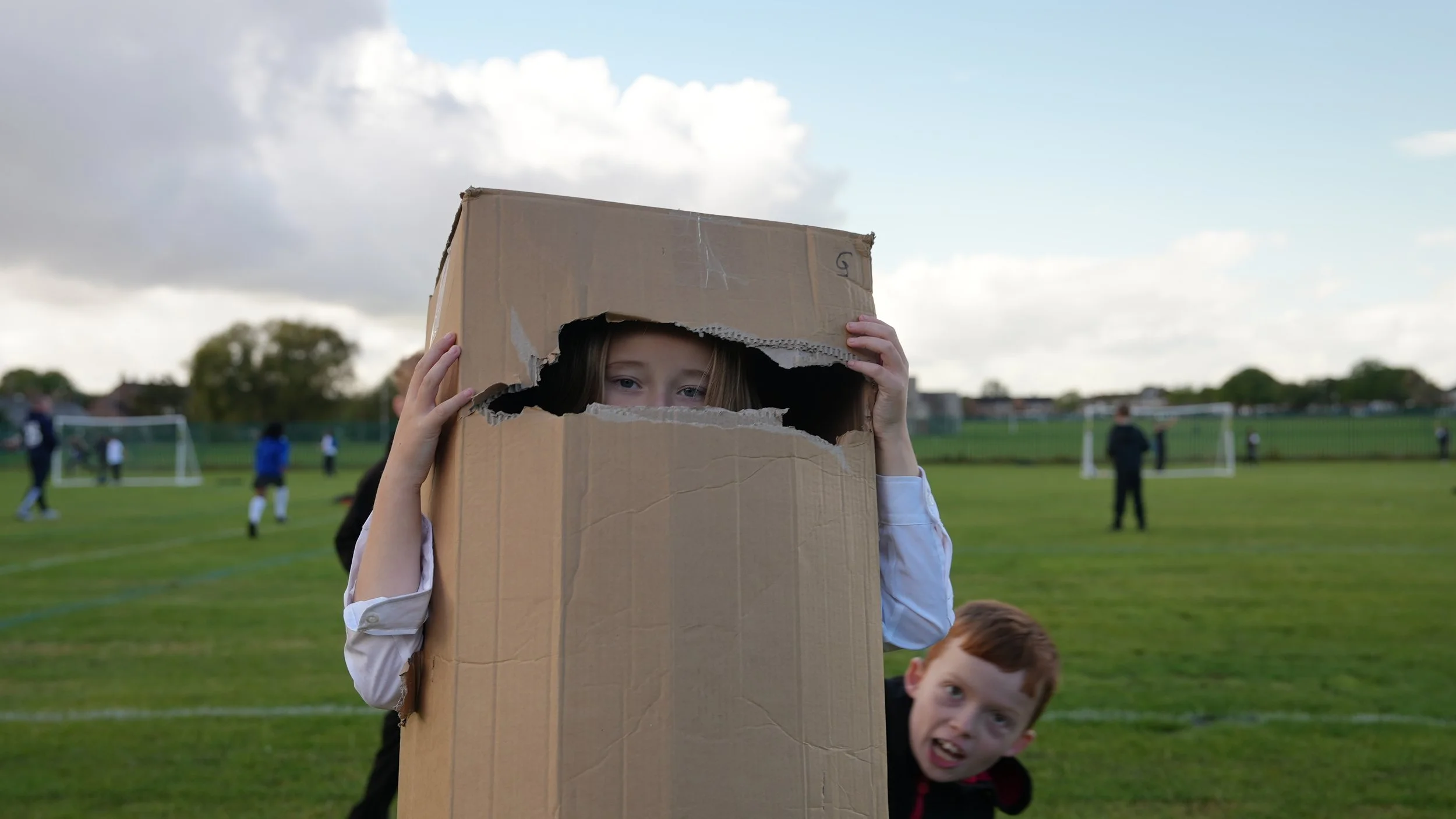
OPAL Play

What is OPAL Play?
In what ways, if any, do you think you benefited from playtime? Thinking about your own childhood, what did you like playing at school or at home? Children today don’t have the same freedoms we once did, so we want to give children back time to really enjoy and learn from play. After all, it’s a child’s basic human right.
The Outdoor Play and Learning (OPAL) Primary Programme is based on the idea that, as well as learning through good teaching, your children also learn when they play. As 20% of their time in school is playtime, we want to make sure that this amount of time (equivalent to 1.4 years of primary school) is as good as possible.
One reason we are carrying out this programme is because childhood has changed, and many children no longer get their play needs met out of school. The average screen time per day is six hours. The average outdoor play time per week is five hours.
Play is not messing about. It is the process evolution has come up with to enable children to learn all of the things that cannot be taught, while also having so much fun. There are certain things children must have in order to be able to play. These include: having clothes that they can play in, having things to play with. And having a certain amount of freedom.
What does it look like at Lingham?
This means that all of our children from year 1up to year 6 will have a 1-hour lunchtime, these lunchtimes will be staggered. All children will play together, using all of our school grounds. OPAL is all about utilising the space we have at Lingham. This means that children will have free range of the field, forest area and KS2 playground. All areas will be supervised by staff. Check out the different zones below:
Digging area
Scrap play
Creative area
Water play
Social spaces
Trim trails and tangle tree
Sandpit
Dress up/role play area
Mud café
Small world areas
Lego area
Wild area
Den building
What are the benefits of OPAL Play?
More teaching time
Most schools report ten minutes more teaching time per teacher with happier, more creative, and well exercised children who settle to classes much more quickly.
Improved behaviour
OPAL schools report up to 80% decreases in use of behaviour policies and 90% drops in senior leadership time spent in resolving playtime issues.
Faster core skills development
Children at OPAL schools rapidly develop creativity, imagination, cooperation, resilience, stamina and confidence.
Inclusion
OPAL's approach makes play better for every child, every day...no exceptions!
Happiness and wellbeing
Play is a human need and a human right. Children and staff at OPAL schools report feeling less stressed and happier, and more excited about school.




